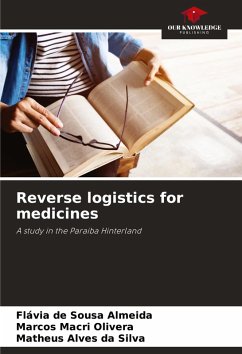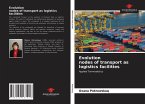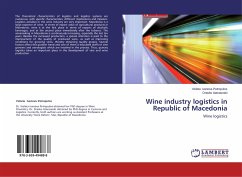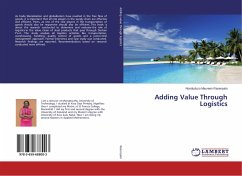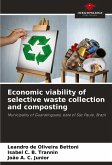The improper disposal of waste medicines is a worrying factor for society. Considering the relevance of this worldwide problem, this study is a field research aimed at the commercial pharmaceutical sector in the city of Pombal, Paraíba, Brazil, with the main objective of investigating the practice of reverse logistics in this sector. To this end, questionnaires were administered to those directly involved in the problem of disposing of this type of waste. It was found that most of the players involved are aware of the negative impacts caused by inappropriate disposal practices, but only those assessed who work in pharmacies (60%) said that they dispose of waste medicines correctly (incineration), unlike consumers, since the majority (88%) said that they dispose of this waste in household rubbish. It was clear that it is not enough to have an understanding of the negative impacts that this inappropriate practice causes, if this knowledge does not promote assertive measures to resolve the current problems.
Bitte wählen Sie Ihr Anliegen aus.
Rechnungen
Retourenschein anfordern
Bestellstatus
Storno

